Institute of the Motor Industry (IMI) analysis of job postings data for all automotive occupations for March 2022 shows a 51% increase in postings year-on-year.
Reflecting that demand for skills pushes up salaries, advertised salaries for vehicle technicians have increased over 8% year-on-year.
And mirroring the people gap seen across the HGV sector, the IMI analysis shows that the number of posts advertised for HGV technicians has risen by 46% from January to March.
Year-on-year advertised salaries for HGV technicians have increased by more than 10%.
“Right now, the automotive retail and aftermarket sectors are facing probably the worst skills deficit for more than 20 years,” explained Steve Nash, CEO of the IMI. “And the pressure is likely to be even further exacerbated by the higher-than-normal sickness absences caused by the surge in Covid-19 positive tests.
“We therefore welcomed the opportunity to meet with the Department for Business, Energy and Industrial Strategy earlier this week to discuss our concerns regarding the unprecedented skills shortages the sector is facing.”
Nash says that Brexit has exacerbated a skills gap that already existed, while Covid-19 also hit the talent pipeline with a huge reduction in apprentice training and recruitment that is likely to take some years to rectify.
“We outlined to BEIS our belief that adding the key automotive technical roles to the Government’s Shortage Occupation List could potentially make it significantly easier for employers to recruit talent from overseas,” he continued.
“We also asked for the sector to have access to the Government’s Green Occupations funding to help support the upskilling of Technicians to work on EV’s.
“We will continue to work with Government to ensure it understands the significant risks of the current skills gap on the UK economy as a whole.”
The IMI’s Diversity Task Force report, published last month, highlighted a lack of diversity in the sector with the issue becoming particularly critical the higher up the pay grade.
Nash said: “If the sector becomes more open to a more diverse workforce it will not only have a better chance of tackling the current skills deficit, but also build stronger foundations for the future with improved retention rates.”
The IMI Diversity Task Force set out to understand how the sector can be more attractive to work in for all individuals, by understanding what groups are under-represented and what the experience is like if someone is not part of the majority.
The IMI’s goal is to bring the issue of diversity and inclusion to the top of the agenda for automotive businesses.

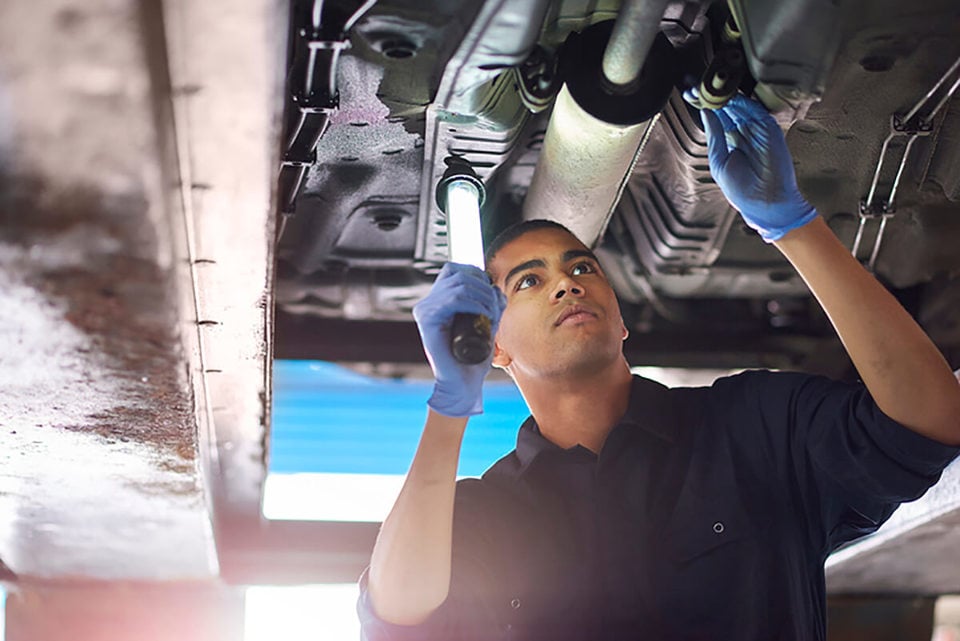



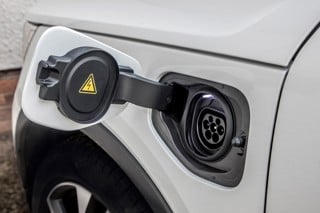
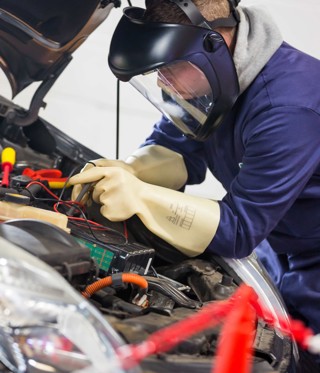
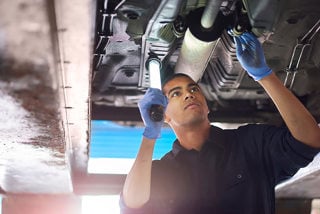

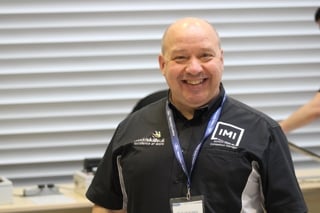












Login to comment
Comments
No comments have been made yet.